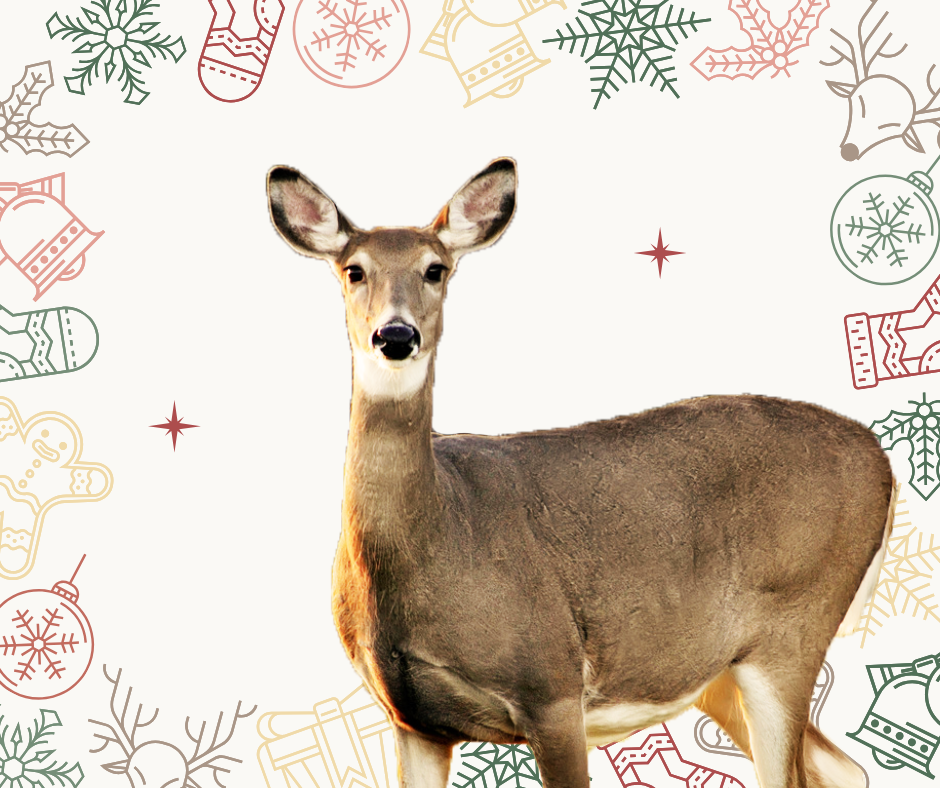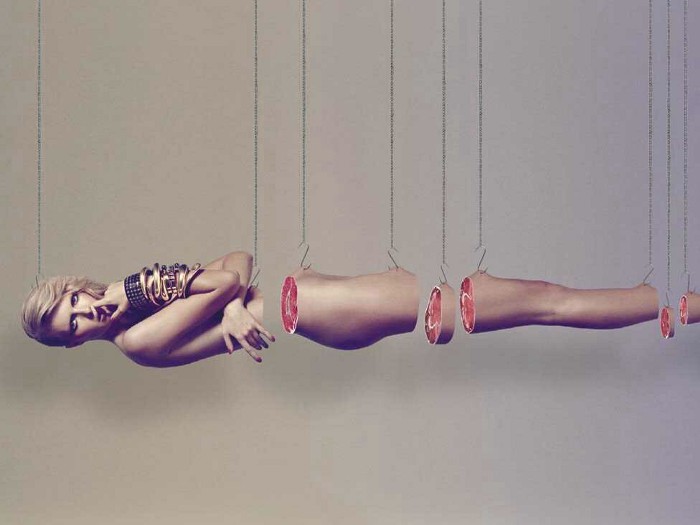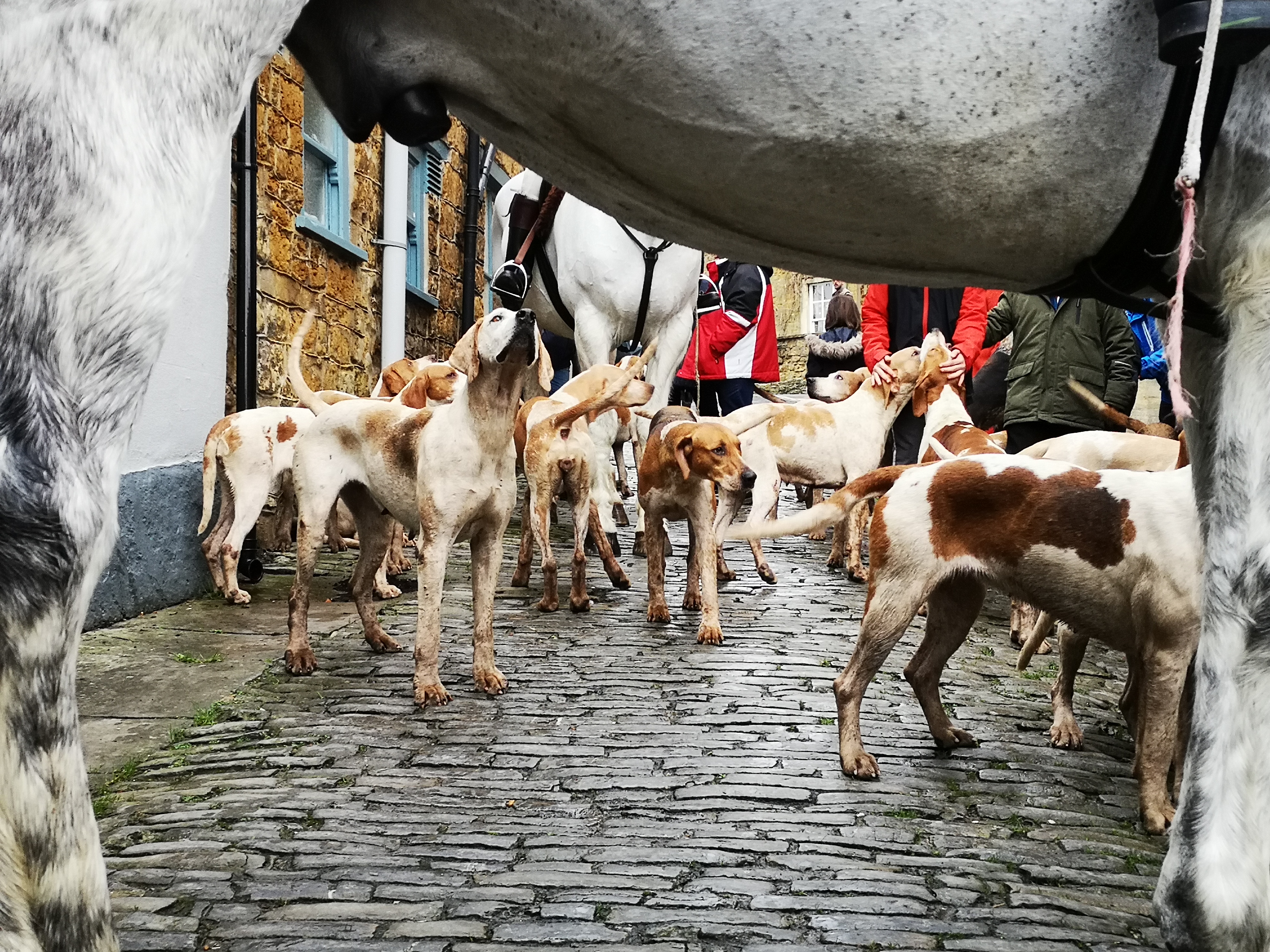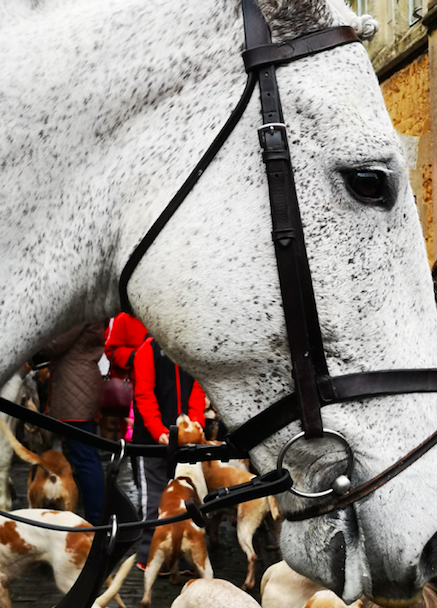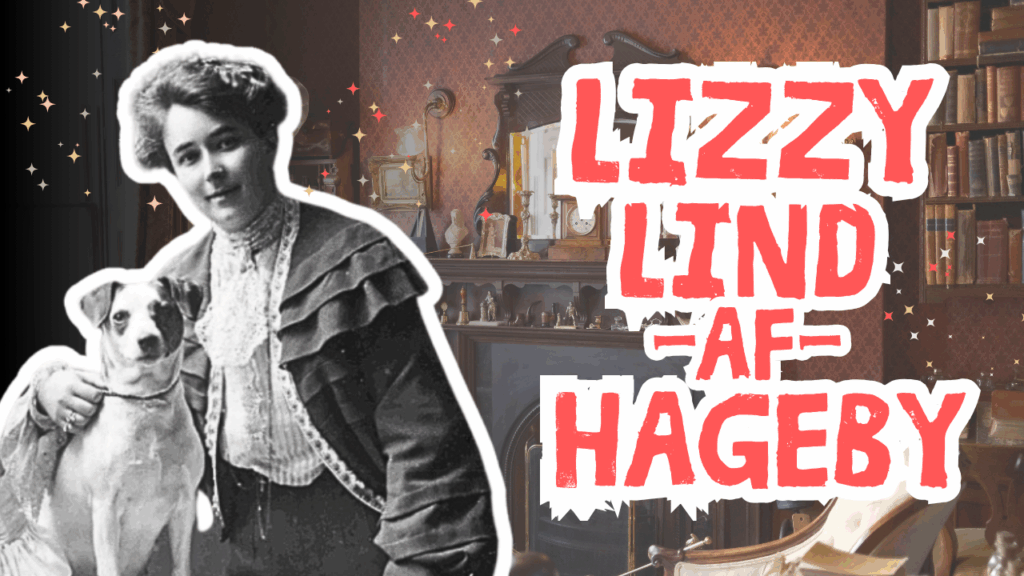
Lizzy Lind-af-Hageby (1878-1963) was a Swedish born feminist, vegan, anti-speciesist, and anti-vivisectionist. She and her partner Leisa Schartau,1 who had been stirred to the cause having visited the Pasteur Institute in Paris and coming across hundreds of cages of sick and dying animals intentionally infected with disease and callously treated by research assistants (Kalechofsky 1992), had already been heavily involved in antivivisection campaigning in Sweden before turning their attention to London (Gålmark 2003). To improve their understanding of the atrocities taking place in British laboratories and the scientific rationales that sustained them, the two enrolled students of physiology at the London School of Medicine for Women. Because vivisection did not take place in the women’s university, they sought special permission to supplement their lectures with vivisection demonstrations at other laboratories in the city. The two took extensive notes on the use of vivisection in the classroom, publishing their findings in Shambles2 of Science in 1904.
The exposure of laboratory activities in Shambles of Science would find Lind-af-Hageby charged with libel (not for the last time) regarding her documentation of one little brown terrier dog that had been vivisected multiple times (thereby violating the 1875 act). Parts of the book were suppressed as a result. However, the success of Shambles of Science was unmistakable, not only in raising public attention to the unseen suffering of fellow animals (it increased in sales after the court case) (Lansbury 1985), but in signaling women’s entry into public and political life (Gålmark 2000). Lind-af-Hageby and Schartau’s tactic of non-participant observation served as a potent “feminist tool,” Harvey adds, “It introduced women and female professional students into the public vivisection debate” (2018: 89).
Lind-af-Hageby, known as an excellent orator, would prove herself a formidable force in delivering an incredibly lengthy defense in litigation. She was not alone in her efforts. Cobbe and other anti-vivisectionists arranged a fund to support her case (Kalechofsky 1992). Immediately following the trial’s unfavorable conclusion, a drinking fountain was erected in Battersea, London (the site of an antivivisection hospital) by Lind-af-Hageby and her colleagues including Despard, Shaw, and Louisa Woodward of the Church Antivivisection League. The statuesque fountain was topped with a small brown dog and a plaque that memorialized the growing number of invisibilized vivisection victims. This drew immediate response from the university and its medical students.
The male students and faculty of the medical school regularly attempted to destroy statue as it was seen to challenge their power and authority in a deeply stratified Edwardian society. As such, it required police vigilance. The gender and class politics were astute, observes Lansbury:
What infuriated these young men was that they had been treated in the same manner as the suffragettes, who were now being routinely arrested after their disturbances and given prison sentences. (1985: 16)
The student protesters disrupted all manner of feminist gatherings in retaliation, cementing the perceived intersection between anti-speciesism and feminism. Feminists, it should be clarified, were certainly not in agreement. Many of the disrupted meetings were composed of suffragettes who were completely unaffiliated with (and uninterested in) the anti-vivisection campaign.
Support from the working classes was perhaps more consistent. Alliances were made with the Battersea Labour League and the Operative Bricklayers’ Society, for instance. The working classes offered their support in guarding the statue as well as public meetings on anti-vivisection, even raising funds to maintain the adjacent anti-vivisection hospital when its funding was revoked. Anti-vivisection hospitals were deeply valued by the working poor of England as they feared that they, too, would be used in vivisection.3 “Most certainly,” suggests Gålmark, “the people of Battersea had much fun when supported by antivivisection organizers, they got the opportunity—as lower class against upper class—to beat up the students” (2000: 10).
Electoral maneuvering to undermine socialism in the borough and anti-vivisection’s alignment with the suffrage campaign, Lansbury (1985) suggests, introduced divisiveness. A less sympathetic Battersea council removed the statue under reasoning of excessive cost in protecting the statue from student hooliganism. Lind-af-Hageby, Despard, and Shaw, undaunted, assembled an anti-vivisection rally in Trafalgar Square ten days later. More than three thousand persons attended. At the same time, Lind-af-Hageby and Schartau would co-found the Animal Defence and Anti-Vivisection Society (ADAVS) with Nina Douglas, the Duchess of Hamilton.
Based on her observations for the writing of The Shambles of Science, Lind-af-Hageby maintained that vivisection-based science primarily a machoistic pageantry for the entertainment and amusement of male scientists and students (a view shared by Cobbe and others). The spectacle of vivisection, she became convinced, was less about the advancement of humanity, and more of an impediment to it. For that matter, the claim that vivisection was necessary for life-saving research to ease children’s suffering (a trope that predominates today) facetiously deflects from the predominance of profit-motivated, unnecessary, and life-threatening research in vivisection labs, including that directed to the development of war technology. Retorts the ADAVS:
The sheer hypocrisy of pro-vivisectionists who declare the life of one human child to be worth the vivisection of all animals in the world, whilst, at the same time, through poison-gas experiments on animals, vivisectors are making preparations for an intensive destruction of human life in the event of another war. (1935: 184)
A pacifist, Lind-af-Hageby challenged war and violence wherever it may lurk. Although history remembers her best for her fight against vivisection, she also spent much of her career shining light on the hidden horror of the abattoir. She stood steadfastly against extreme institutional aversion to offering fellow animals even the slightest mercy of being stunned before being hacked, bled, and butchered for Western diets of affluence. The Slaughter of Animals Act was not introduced in the UK until 1933. It would be over two decades later before the United States introduced similar legislation. Exemptions for religious slaughter were included. Likewise, exemptions for some species, namely chickens and fishes, further limited the utility of the act. Nonetheless, English and Jewish butchers alike pushed even harder in protest following its passage, fearful of the financial costs it might entail.
The ADAVS spent years promoting what it hoped to be the “ideal” slaughterhouse, that is, one designed to reduce (as much as is possible) fear and suffering. These recommendations were based on scientific observations undertaken by Lind-af-Hageby herself in various slaughterhouses. In doing so, she highlighted the everyday terror that food animals endure, a world fast becoming all but hidden to most consumers in the early 20th century. Widespread ignorance to the experiences of Nonhuman Animals killed for food was clearly a key element to the cultural acceptance of killing without stunning (usually accomplished with several blows from a hammer or poleaxe). An unintended consequence of Lind-af-Hageby’s national campaigning was the rejection of the slaughterhouse itself. The ADAVS (1924) reports that its efforts for slaughter reform resulted in “a great increase in the number of people who give up eating meat” (64). The society happily met this demand for a peaceable diet, promoting vegan food and products “for the benefit of the stricter abstainers from the use of animal life” in its exhibitions (69).
Lind-af-Hageby and Schartau were two of many vegan feminists who were heavily engaged in care work as well. They founded numerous homes for unhoused companion animals as well as aged and disabled horses exploited in work and war. Some sanctuaries were located on their own property. Their colleague, the Duchess of Hamilton, kept dozens of cats on her estate in Dorset, many of whom had been spared from the “pet massacre” orchestrated by the British government during World War II. From this effort, she would found the Ferne Animal Sanctuary, bequeathing it to Lind-af-Hageby following her death in 1951. Lind-af-Hageby, who herself died 12 years later, left her own legacy with the Animal Defence Trust, which continues to issue funds to protection efforts today.
Lind-af-Hageby and her partner Schartau are two more amazing vegan feminist lesbian leaders who have been all but lost to the patriarchal activist imagination. They were true trailblazers, entering into hidden vivisection laboratories and slaughterhouses, employing scientific methodologies to document the horrors within, and melding feminist compassion with modern scientific approaches to reform and development. They composed research that dramatically impacted British culture, law and politics, formed lasting anti-speciesist organizations, and cemented the link between anti-speciesism and feminism that continues to inform vegan feminist theory today.
Notes
- Both Gålmark (2023) and Rolle (2025) suggest that the two were a lesbian couple, cohabitating for much of their life.
- Shambles is an archaic term for slaughterhouse.
- Prior to the mid-20th century, hospitals were used primarily only by the poor. Hospitals were also major sites of medical research, such that poor persons were indeed vulnerable to vivisection.
Works Cited
Animal Defense and Antivivisection Society. 1924. Reports for the Years 1923 and 1924. Animal Defense and Antivivisection Society: London.
Animal Defense and Antivivisection Society. 1935. Reports for 1933 and 1934. Animal Defence and Anti-Vivisection Society: London.
Gålmark, L. 2000. “Women Antivivisectionists.” Animal Issues 4 (2): 1-31.
Gålmark, L. 2023. “‘Problems of the Women’s Movement.’” Women’s History Review 32 (5): 699-722.
Harvey, C. 2018. “Science and Sensibility.” Journal of Women’s History 30 (1): 80-106.
Kalechofsky, R. 1992. “Dedicated to Decartes’ Neice.” Between the Species (Spring): 61-71.
Lansbury, C. 1985. The Old Brown Dog. Madison: The University of Wisconsin Press.
Lind-af-Hageby, L. and L. Schartau. 1904. Shambles of Science. London: Self-published.
Rolle, E. 2025. Queer Places. Self-published.
Dr. Wrenn is Senior Lecturer in Sociology at the University of Kent. She received her Ph.D. in Sociology with Colorado State University in 2016. She was awarded Exemplary Diversity Scholar, 2016 by the University of Michigan’s National Center for Institutional Diversity. She served as council member with the American Sociological Association’s Animals & Society section (2013-2016) and was elected Chair in 2018. She is the co-founder of the International Association of Vegan Sociologists. She serves as Book Review Editor to Society & Animals and is a member of the Research Advisory Council of The Vegan Society. She has contributed to the Human-Animal Studies Images and Cinema blogs for the Animals and Society Institute and has been published in several peer-reviewed academic journals including the Journal of Gender Studies, Environmental Values, Feminist Media Studies, Disability & Society, Food, Culture & Society, and Society & Animals. In July 2013, she founded the Vegan Feminist Network, an academic-activist project engaging intersectional social justice praxis.
She is the author of A Rational Approach to Animal Rights: Extensions in Abolitionist Theory (Palgrave MacMillan 2016), Piecemeal Protest: Animal Rights in the Age of Nonprofits (University of Michigan Press 2019), Animals in Irish Society: Interspecies Oppression and Vegan Liberation in Britain’s First Colony (State University of New York Press 2021), and Vegan Witchcraft: Contemporary Magical Practice and Multispecies Social Change (Routledge 2026).
Receive research updates straight to your inbox by subscribing to my newsletter.


